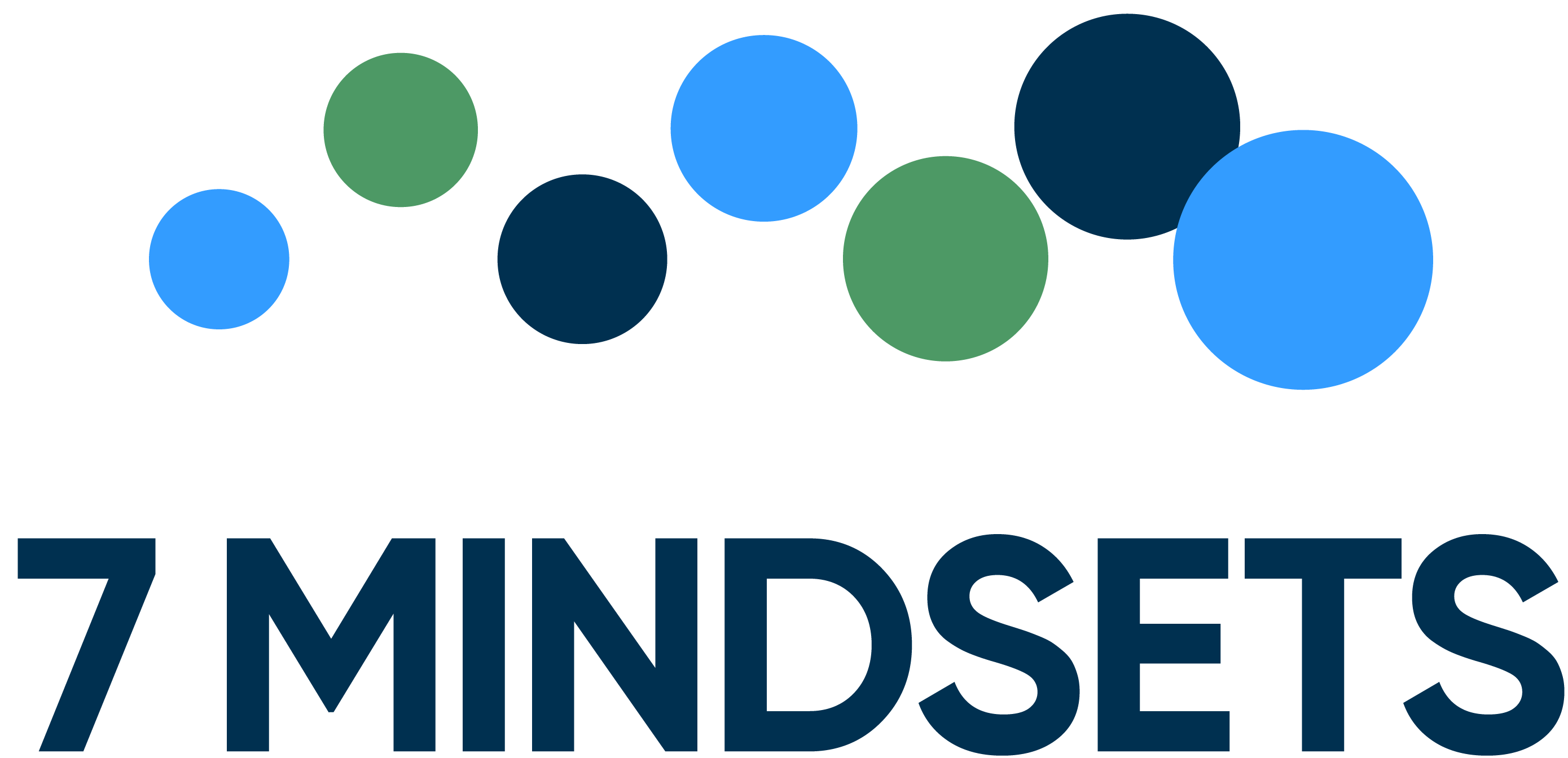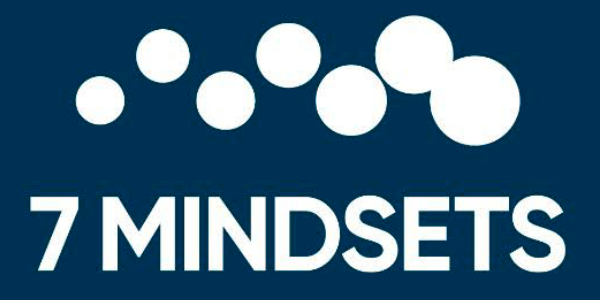Several years ago, I was at my youngest son’s little league baseball game. He was playing third base, and when a ball was hit to him, he bent over to catch it. Unfortunately, the ball slipped under his mitt and rolled right through his legs. The same thing happened again just two innings later.
His team lost that game badly with a score of something like 8-0. Afterwards, the other team was cheering and our side looked depressed… except for my son, who had this wry smile on his face. He asked if I saw those two balls go under his glove. I told him I did, and he said, “Isn’t that cool? I think I’m getting taller!”
When we got home, my wife asked how the game was. My son said it was great… for the other team. Trying to figure out if he was being sarcastic, I asked if he had a good time at the game. He said, “Dad, I got to play baseball for two hours today. What’s not fun about that?”
That simple little comment solidified my belief (and backed up my research) that mindsets really matter. Eighteen kids played baseball that day, but their individual experiences were determined more by their mental frames than by the game’s final score.
Your mindsets determine your level of happiness and have a huge impact on what you achieve in life. How you think about your present situation has a direct connection to the actions you take and, therefore, the results you experience.
After studying thousands of the world’s highest achievers, it was determined that what they had in common wasn’t gender, ethnicity, religious beliefs, socioeconomic background, or where they lived in the world. In reality, the commonality that high achievers share is how they think. It’s their mindsets that matter, and these positive mindsets should be taught in school.
In the last two decades, schools have gotten very good at teaching skill sets. Teachers are able to convey increasingly complex ideas and processes to students at a younger age than they could just a couple decades ago. Plus, there are also plenty of private tutoring companies willing to teach supplemental skill-based lessons.
The problem is that this isn’t enough. Even with our advances in teaching skill sets, over 15 million students in school today aren’t expected to graduate high school. In fact, it’s estimated that one out of three students will either drop out or fail out.
Those that do graduate won’t necessarily fare all that well either. The USA currently maintains the lowest college completion rate in the developed world. Despite how far we’ve come as a society in our ability to teach analytical, solution-oriented skills, the average onset age of depression has gone from twenty-nine in 1965 to just fourteen in the present day. Our ability to teach skill sets in school has improved, but our students are hitting the wall even faster.
Research shows that this is because many young people have the exact opposite mindsets of the world’s highest achievers. These “counter mindsets” often lead to unfulfilled and unhappy lives, and because they’re developed very early in life, they’re often in place to hold children back from reaching their potential before they even reach school age.
What I’ve learned in my years in the educational world is that the current system isn’t prepared to put the same emphasis on social emotional learning that it does on skill set education. But our kids need this vital mindset-based understanding of themselves in order to appreciate their own significance and connection to the world around them. Without it, they won’t be able to properly leverage their skills or tap into their true potential, and many will end up feeling frustrated and unfulfilled.
Mindset-based learning is the missing ingredient in our education system.
We can revolutionize education in our schools with these strategies toward mindset learning:
Making Connections – What can be wrong with raising independent children? Nothing, in theory, as long as we’re not teaching them that their happiness and success is best achieved alone. We’re all accountable for own actions, choices, and attitudes towards life. But there’s a great saying by Scott Rigsby, the famous double amputee Iron Man, which sums up what we want our kids to understand about connectedness: “If you can accomplish your dreams alone, then you’re not dreaming big enough.”
So much of life’s richness and rewards are determined by the quality of the relationships we develop with friends, loved ones, classmates and work colleagues. Students need to learn how to work together, support one another, empower each other, and embrace differences. When we help our students make connections, we teach them that they don’t need to be the best at everything, as long as they bring value to every situation and surround themselves with those whose complementary strengths and talents can help them reach their goals. This mindset helps reduce behavior problems by increasing connections, as well as heightening fulfillment and achievement as our kids learn not to give up if something is out of their reach – they may just need a little help from their friends.
Expressing Gratitude – Nothing changes an individual’s perspective about life like the sudden awareness of how fortunate they are to have it. Being grateful for whatever one has, from unlimited access to the world’s information via the Internet to the ability to smell the spring air, is a key component to maintaining perspective on life. And this perspective is something that can be taught to our kids!
Numerous studies have demonstrated gratitude’s incredible power – it positively impacts depression and actually adds years to our lives. They key is in teaching our students to recognize things to be grateful for each day as they’re happening. We all know that kids’ attention spans are fleeting, which means a lot gets by them with little acknowledgement. Even so, it’s an easy matter to spend a few minutes in class establishing a habit of looking back at their day and zeroing in on something worth appreciating and being thankful for. Teaching them not to take things for granted will enhance their recognition of life’s value, and energize them to take purposeful actions towards their future.
Pursuing Passions – Our society’s thinking has evolved past the idea of just doing what we must to survive, and our educational approach needs to evolve with it. Typically, schools direct students to connect their skills and aptitudes with potential career and job possibilities. On the surface, that makes rational sense. But an even more valuable way to prepare them for success beyond the classroom is to help them discover their passions and encourage them to pursue those first.
As adults, most of us know the feeling of doing something we love, whether it’s a sport, a pastime, or (if we’re fortunate) a job we enjoy. At some point, we’ve experienced the sensation of effortless hours flying by while we’re immersed in something personally fulfilling. I was in my early 20s when I discovered how rewarding and energizing it was to teach inner city kids about entrepreneurship and financial literacy. This led to a path that would never feel like the grinding toil many people go through in their professional lives. I was able to build something I’m truly passionate about into a career… but not because I was taught to do so. I was lucky enough to fall into it.
Now imagine the impact we can have on the next generation if we intentionally teach our kids to focus on the things they truly love and constantly look for opportunities to make those things into significant parts of their daily lives. It can be incredibly challenging to find your way to a career path that’s tied to your passions once you’re deep into adulthood, but the only thing stopping our kids from doing so is the lack of awareness that it’s possible! And that’s something we can change today.
If schools don’t play an active role in teaching these success-oriented mindsets, they may unintentionally be solidifying the counter mindsets that will result in another generation struggling to find meaning and fulfillment in their adult lives. The time to start teaching our kids a new way of thinking is now – all we need is to get our schools to adopt a mindset learning program to balance the traditional focus on learning skills. At worst, we’ll begin graduating students who face the same career challenges they would have anyway, but with a stronger connection to what drives them, a deeper sense of appreciation for life, and powerful awareness of and desire to impact the world. How can that be anything but a dramatic step forward? If you know of a school that’s struggling with behavior issues, poor student engagement, and young people who just aren’t performing to their potential, mindset education might be exactly what’s missing.



